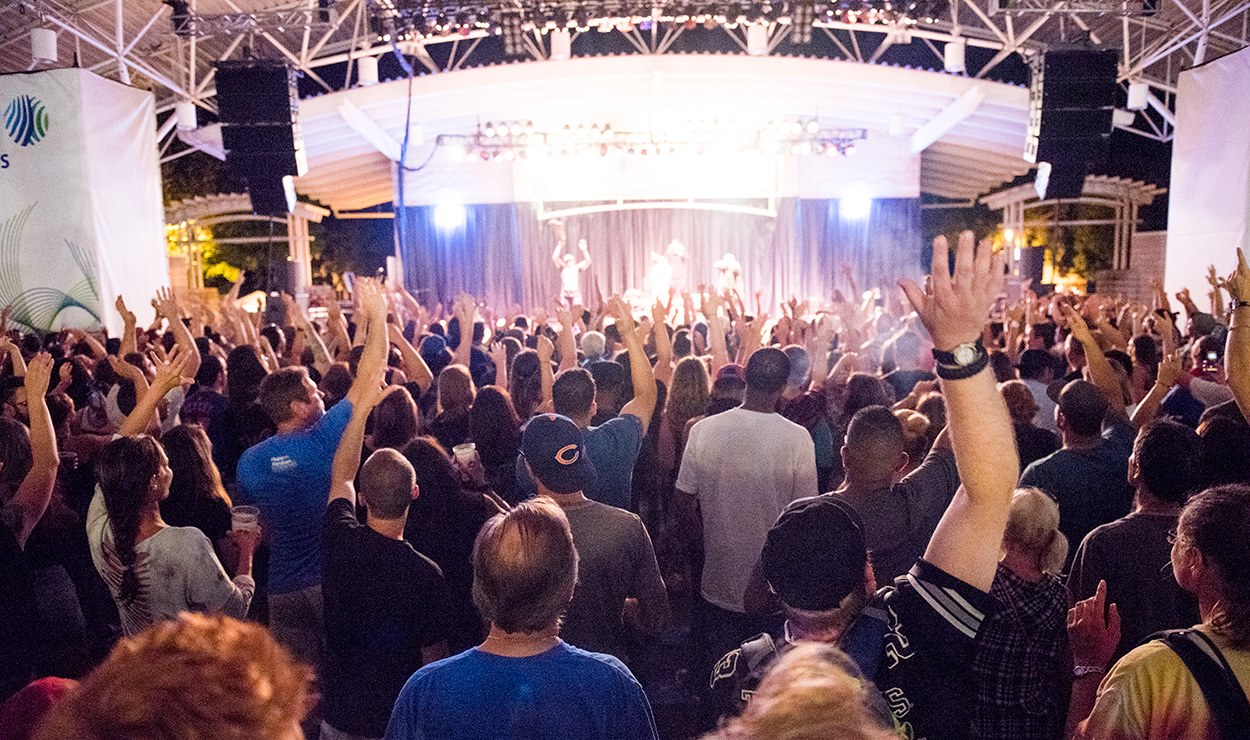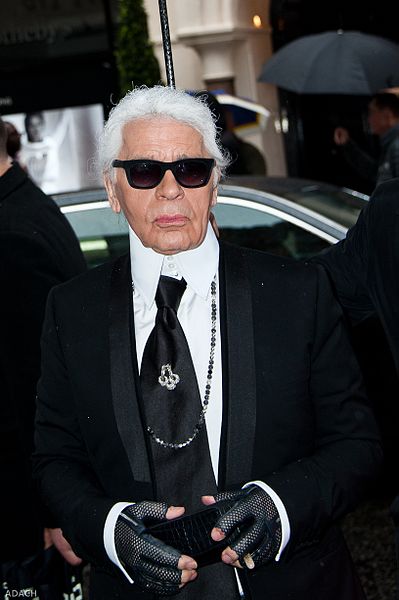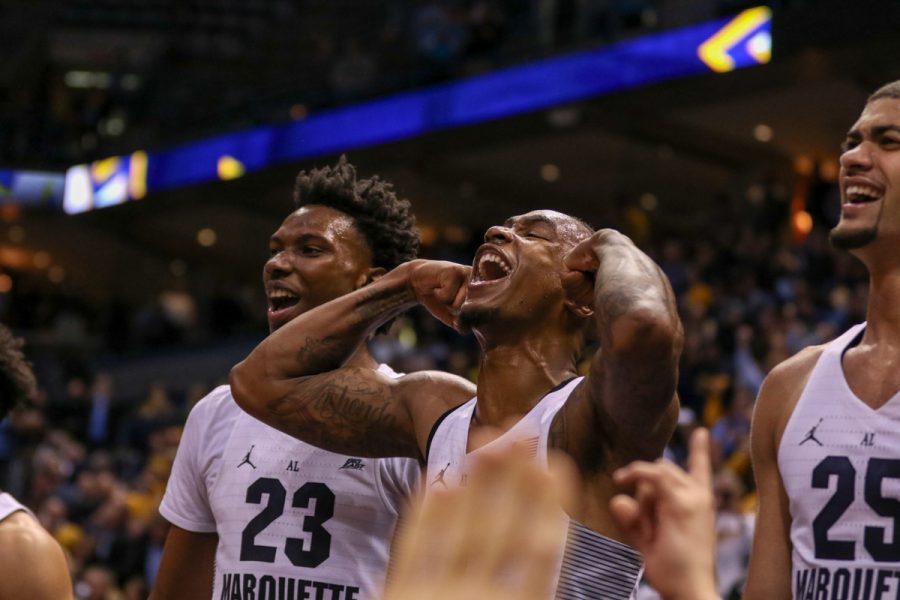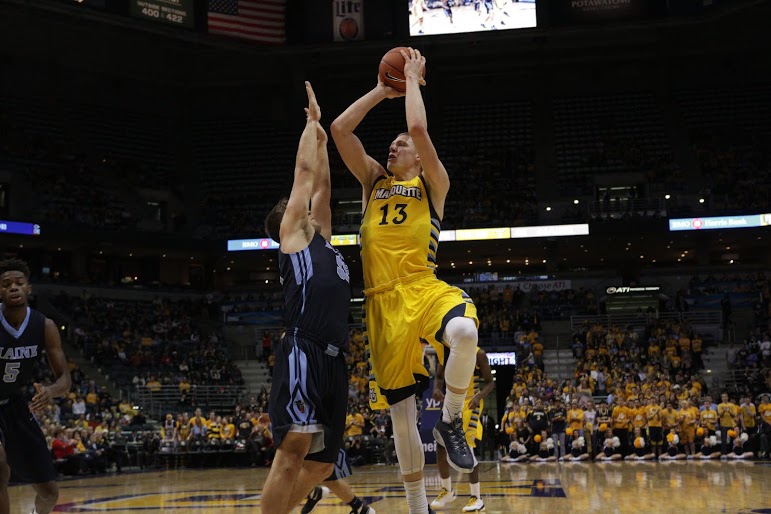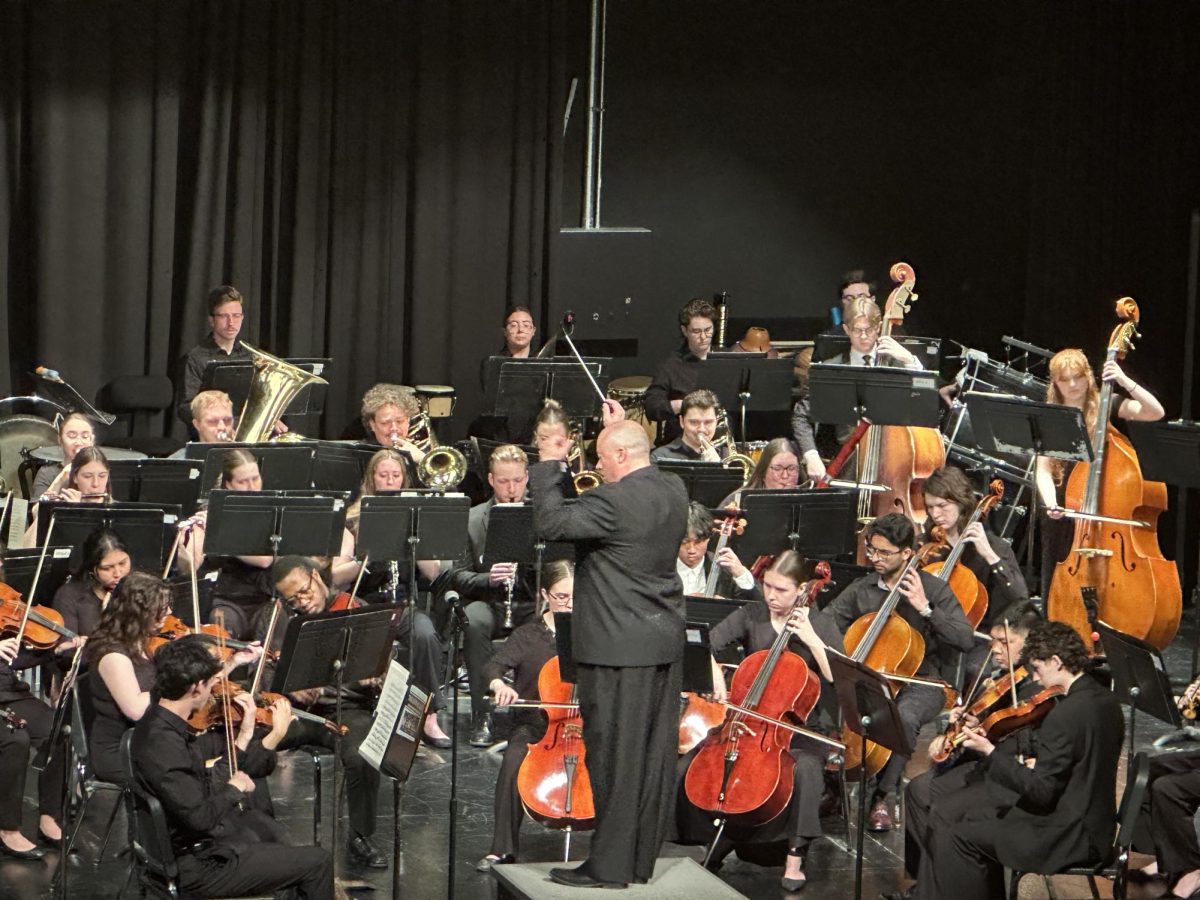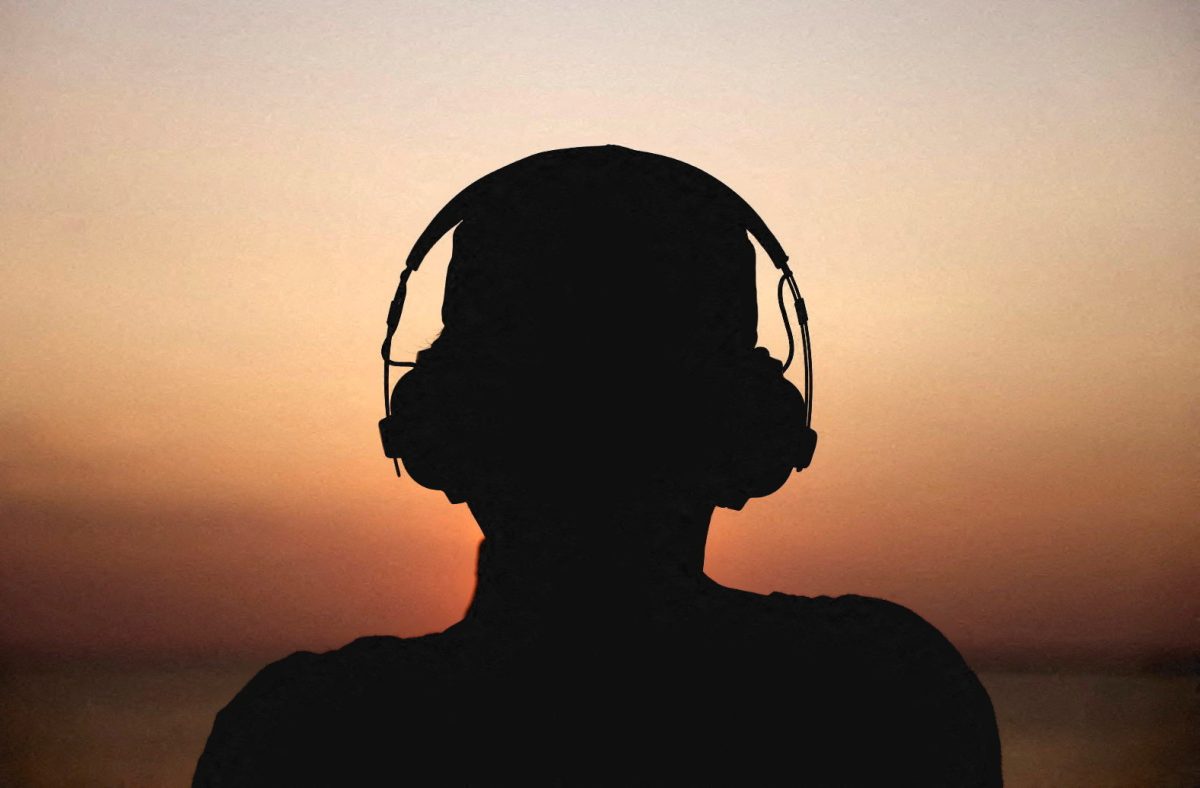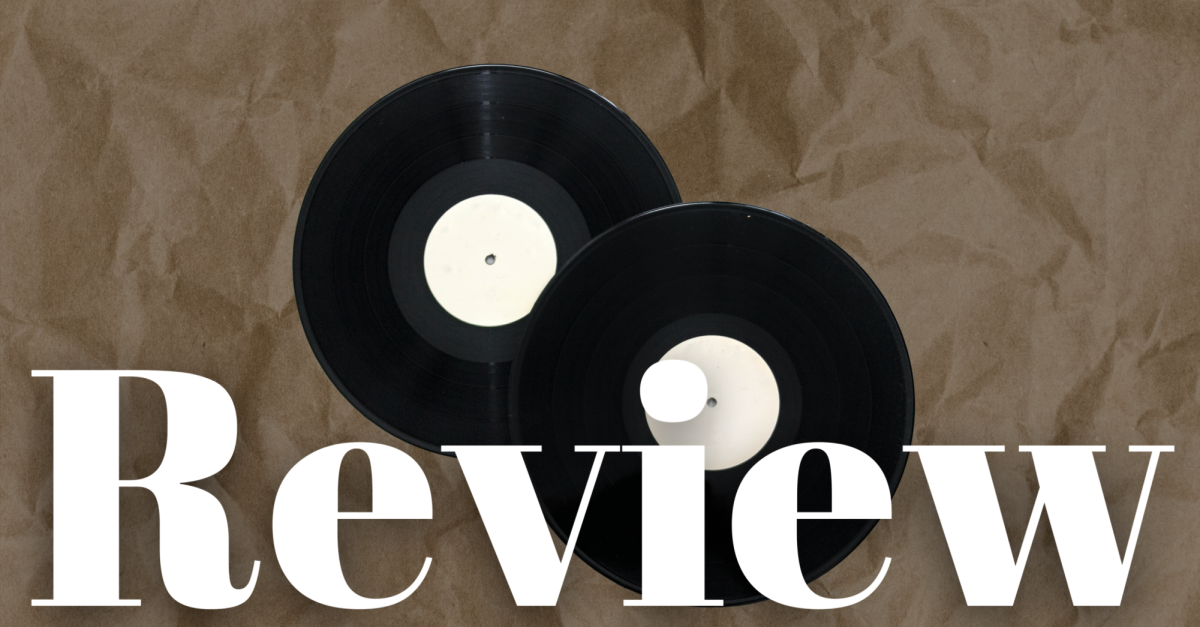My torrid relationship with rock and roll began with a children’s First Act guitar. My younger brother had an affinity for hitting things with other things, my older sister was passionate about being in charge and at 9 years old, I had always wanted to be in a band. This became the foundation upon which our rock legacy was born. With my sister as the lead vocalist, my brother on the children’s drum set and me playing guitar, we were paramount.
When I was 12, maybe 13, my dad bought me a glitter-covered purple guitar that came with a book of at least 50 neon stickers. I lined the neck with butterflies and colored hearts, bought a scale book and reignited the life of tortured artist. The first song I learned to play was The Barenaked Ladies’ “Old Apartment.”
When I was 14 and very much influenced by contemporary Christian folk-pop, I spent half of my life’s savings on a real, made-for-adults acoustic guitar. I learned every four-chord worship song and filled in for my church’s youth group band when they needed me. I performed original songs at two consecutive end-of-year high school talent shows. I played rhythm guitar for a band that didn’t last long enough to settle on a name.
My parents and stepparents each had their own unique tastes, filling my iPod with 90s R&B, Johnny Cash, Rap Metal and Wilco. When I was younger, my two favorite songs were “Monkey Gone to Heaven” by The Pixies and “Bawitdaba” by Kid Rock.
I go through playlists I made a year ago and cringe at myself for what I thought was good taste, but still, I grew up feeling wholly entitled to the world of rock and roll and its subsidiaries and wholly responsible for excluding those unworthy of its might. I felt that for all the musicians crying on stage, closing their eyes and cooing into microphones, begging to be loved and admitting that hunger is human, I was the only person who could understand them.
I go to a lot of shows where the audience is pastel-colored and crying. Young girls clutch one another and bawl the lyrics to pop-punk songs, they throw elbows and step on toes just to get a pace closer to the stage. They all feel entitled in the same way I do, but the hard truth is that none of us are special and the relationship we have with the music is ours alone to protect.
When I started writing this article the plan was to argue against pop-punk bands performing at popular festivals. And while it hurts me to see my favorite bands playing Coachella and Lollapalooza, I don’t have an argument against it.
I’ve realized that pop music and its zealots may not be the enemy. Music is for everybody. All of us can tell the story of our lives by linking together song after song. The songs your dad played on long drives home from vacation, the songs you danced to with your siblings, bare-foot on your kitchen tile, the songs that remind you of heartache, the songs that remind you of friendship, the songs that have no memories attached but instead inspire a feeling you can’t explain. We all have our own histories on mixtapes in our minds.
Rob Sheffield wrote, “When we die, we will turn into songs. And we will hear each other and remember each other.” And that’s the point, right? Not to keep music to yourself but to share it and let it become the world around you.
We are all human and we all deserve to feel understood. No one has the right to take that away from anybody else, entitlements or none.

